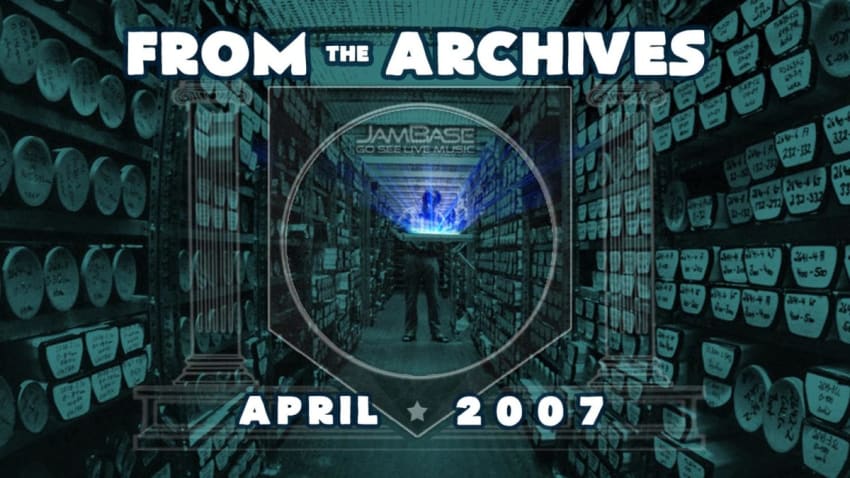Os Mutantes: Everything Is Possible
By Team JamBase Apr 4, 2007 • 12:00 am PDT

Editor’s Note: This compilation was originally released in 1999 but has gotten a new push due the wholly unexpected reunion of this legendary Brazilian group last year.
 As a new breed of crate-digging musicologists breaks into dusty vaults, hoping to unearth long lost master tapes, we, the general public, are finally getting some aural context for what many have long known, namely that the ’60s psychedelic-rock revolution was a global phenomenon. Os Mutantes were founded in 1965 in Sao Paulo, Brazil by the Baptista brothers, Arnaldo and Sergio Dias, with friend Rita Lee. Os Mutantes were huge. In Brazil.
As a new breed of crate-digging musicologists breaks into dusty vaults, hoping to unearth long lost master tapes, we, the general public, are finally getting some aural context for what many have long known, namely that the ’60s psychedelic-rock revolution was a global phenomenon. Os Mutantes were founded in 1965 in Sao Paulo, Brazil by the Baptista brothers, Arnaldo and Sergio Dias, with friend Rita Lee. Os Mutantes were huge. In Brazil.
Like almost everyone else, Os Mutantes cited The Beatles as their greatest influence. Ironically, their histories follow much the same path – humble beginnings, a brilliant creative period and a too quick, drug-induced paranoid flameout. Everything Is Possible: The Best of Os Mutantes on David Byrne‘s Luaka Bop label gives the band of the Tropicalia movement a second life, one that shines a light on their extensive influence on Beck, The Flaming Lips, Devendra Banhart and many others who’ve plundered their riches over the years.
An oddball collision of homespun ideals, Os Mutantes infused bossa nova swing and old-time samba with the new, edgy pop of the times. The irreverent music was, and remains, matchless. Most striking are their abilities as singers. With surreal and irreverent lyrics in four languages, the Baptistas employed Fab Four harmonies that blended perfectly with Lee’s star-making vocals.
Swiping Chris White’s (The Zombies) bassline from “Time of the Season,” opening track “Ando Meio Desiglado” is a raunchy, sunny paean to marijuana. The stunning Beatle-trip “Ave, Lucifer” winds its weird little way into “Dia 36,” and the three-song cycle sets up the sunny-pop of “Baby,” Rita Lee’s lounge workout that helped set the Tropicalia blueprint. It was so good they did it twice, both featured here – first time hot and in English, second time cool and in Portuguese.
They were edgy and out-there — in no small part due to the inventions by the eldest Baptista brother, Cláudio César, considered “the fourth Mutante.” If they couldn’t find an instrument to make the glorious, acid-fueled sounds inside their heads they made one that did. Some were simple adjustments, like the inverted wah-wah pedals on “Dia 36,” or Sergio’s vocals through an electrified can on “Desculpe Babe” – considered by some to be the world’s first talk box.
This attention to original, uninhibited recording separated Os Mutantes from the one-hit wonder pack that eventually invaded psychedelia (Strawberry Alarm Clock anyone?). Infectious, weird, and fresh, everything really does seem possible in their hands. The restored sound on this anthology registers only a slight hiss, and the density of ideas fills a surround-sound system nicely. There’s also an informative essay, lyrics in Portuguese and English and the promise of a deluxe version in the rumor mill. Anyone curios about what was happening elsewhere in the world during the Flower Power Era will eat this up.
JamBase | Worldwide
Go See Live Music!
